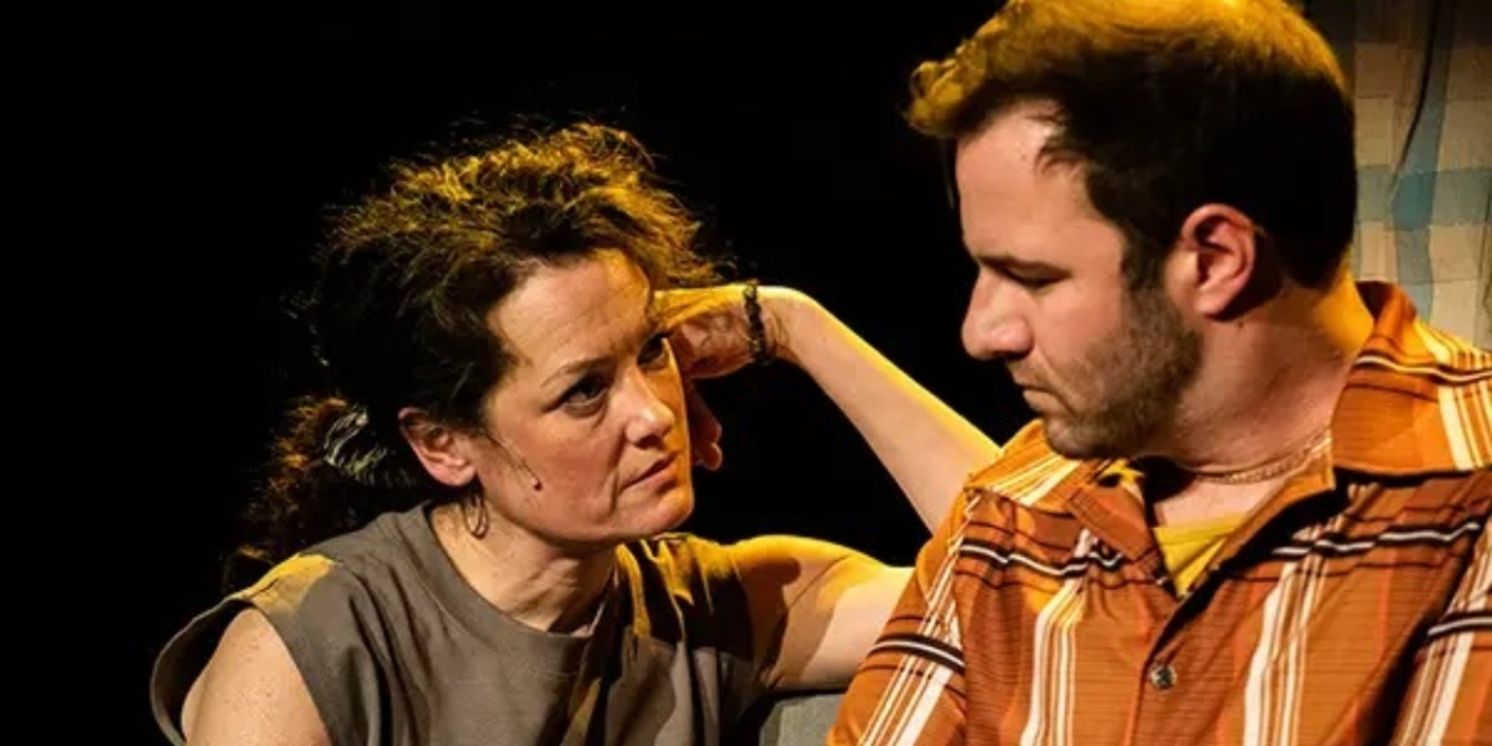
I went into EPAC's production of How I Learned to Drive not knowing what to expect. I have never heard of the show. EPAC's synopsis was not very helpful. It referenced "a woman's coming of age through the 60's and 70's" and said that the story "finds compassion and humor in the places you'd least expect". I was prepared for something light and fluffy along the lines of the TV show, The Wonder Years. I was wrong, very wrong.
The show centers around a long-term, incestuous relationship between a young girl named Lil Bit (Kristie Ohlinger) and her Uncle Peck (Nick Smith). The story is told in non-chronological vignettes that show how their relationship originates, evolves, and eventually disintegrates. Many times, the two were left alone under the guise of "driving lessons", hence the play's title.
How I Learned to Drive differs from other plays that deal with child molestation such as Doubt or Blackbird, in that the events are not merely talked about, but instead, are acted out on stage. The audience serves as a very uncomfortable witness to a number of instances of simulated sexual assault.
Since I lacked familiarity with the show, at times, I was disturbed by what I saw. I worry about the show's impact on unsuspecting audience members with a history of trauma. In the future, I would encourage EPAC to explore strategies like trigger warnings and talkback sessions to help theater-goers navigate its more intensive dramatic content.
The talent in this show is solid. Ohlinger is remarkable in her ability to elicit audience sympathy and understanding. It is not easy to convincingly portray a character over the course of 30 plus years. It is even more difficult considering she does not have the luxury of special make-up, costumes, or props to enhance the vision. Instead, Ohlinger makes dramatic choices that are both very sincere and natural.
Smith submits a complicated and multifaceted performance. He is not intended to be "evil incarnate". Neither is he portrayed as the stereotypical predator. Instead, he is a complex and nuanced character that continuously makes very bad decisions. Smith's Uncle Peck has a very dysfunctional, yet vey real love for his niece, and that is what makes the situation even more disturbing.
Allison Weaver, Jimmy Damore, and Rachel Faust round out the cast as a sort of modern Greek chorus. They observe, comment on the action, and fill in the smaller roles such as the rest of Lil Bit's troublesome family. They all played their parts convincingly and positively enhanced the overall narrative.
Scenic design by Victor Capecce was minimalistic, but appropriate. The sparse set enhanced the feeling that the action was influenced by a series of subjective memories rather than factual events.
Direction by Ed Fernandez (and assisted by Ben Galosi) was organic. Blocking and pacing were effective and complimented the overall tone of the production.
This show isn't going to appeal to everyone. Many audience members do not want to be challenged or to feel greatly uncomfortable when going to the theater. Buy tickets to Hello, Dolly! Instead.
The script successfully reflects the messiness and ambiguity of real life. This show has a lot to consider and a lot to discuss for the appropriate theater patron. I encourage EPAC to think about ways to reach that particular audience.
Reader Reviews
Videos

